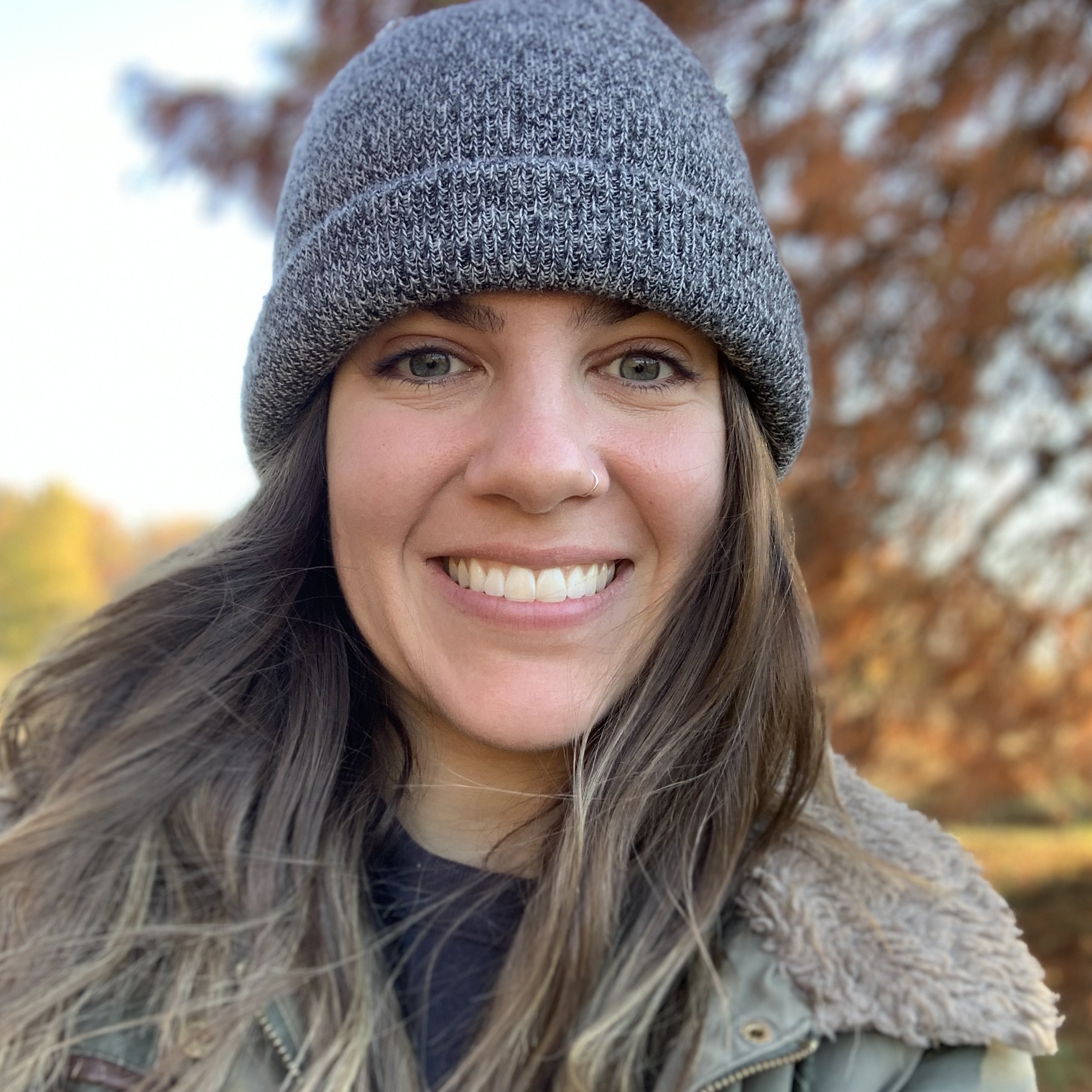 Carly Leannah is a second-year doctoral student in the Ph.D. in Educational Neuroscience (PEN) program at Gallaudet University, in Washington, D.C. She holds a Master’s degree in Secondary Education for Deaf & Hard of Hearing (DHH) students and a BS degree in Psychology from Rochester Institute of Technology. Carly is researching the influence of the American Sign Language acquisition on spatial perception and learning processes as well as how technology can influence language development for DHH individuals. To connect with Carly, please follow her on Twitter at @CarlyLeannah.
Carly Leannah is a second-year doctoral student in the Ph.D. in Educational Neuroscience (PEN) program at Gallaudet University, in Washington, D.C. She holds a Master’s degree in Secondary Education for Deaf & Hard of Hearing (DHH) students and a BS degree in Psychology from Rochester Institute of Technology. Carly is researching the influence of the American Sign Language acquisition on spatial perception and learning processes as well as how technology can influence language development for DHH individuals. To connect with Carly, please follow her on Twitter at @CarlyLeannah.
How did you choose your field of study? Was there a pivotal event that sparked your interest?
When I was studying to get my Master’s degree in Deaf education, I learned about the neuroplasticity of American Sign Language (ASL) and English bilingualism among deaf learners. After graduating and then working as a teacher for the next five years, I continued to be fascinated with the cognitive and emotional processes of learning. Not only did this firsthand experience show me effective and ineffective pedagogical practices when it comes to deaf education, but it also awakened me to various factors that account for educational and research gaps for this particular group of students. This is what drove me to pursue doctoral studies in the Educational Neuroscience program at Gallaudet University, where I am now in my second year.
Describe your research in five words.
Language equality for deaf learners.
Please share a bit more about your research in one to three sentences.
My current research focuses on how learning ASL leads to changes in the perception of action and movement because ASL itself consists of linguistic movements of the hands, face, and body. Studying ASL perception among both deaf and hearing signers can help develop a better understanding of embodied cognition processes during learning.
What do you hope to learn about as you participate in the Emerging Scholar CIRCLS?
I hope to learn more about opportunities with education research, classroom tools, and language and education policymaking. Additionally, I would like to learn about collaboration opportunities as I strongly believe working on an interdisciplinary team would bring together unique perspectives and experiences, leading to more substantial outcomes.
What are your passions outside of work and research? And why are they important to you?
I enjoy any physical or outdoor activity. When I’m stressed out or need to clear my head, I often go for a run or a long walk in my neighborhood. Hiking and camping are my favorite outdoor hobbies, and it’s a great excuse to go traveling, connect with others, and see new sceneries. This is important to me because it gives me a break from a busy schedule to slow down and embrace the present moment.
If you could offer one piece of advice to your past, pre-graduate school self, what would it be?
Ask all the questions! Asking questions pinpoints what we understand and don’t understand; it’s a big part of the learning process and leads to uncovering challenges. Having that ‘aha!’ moment leads to growth and further exploration.
